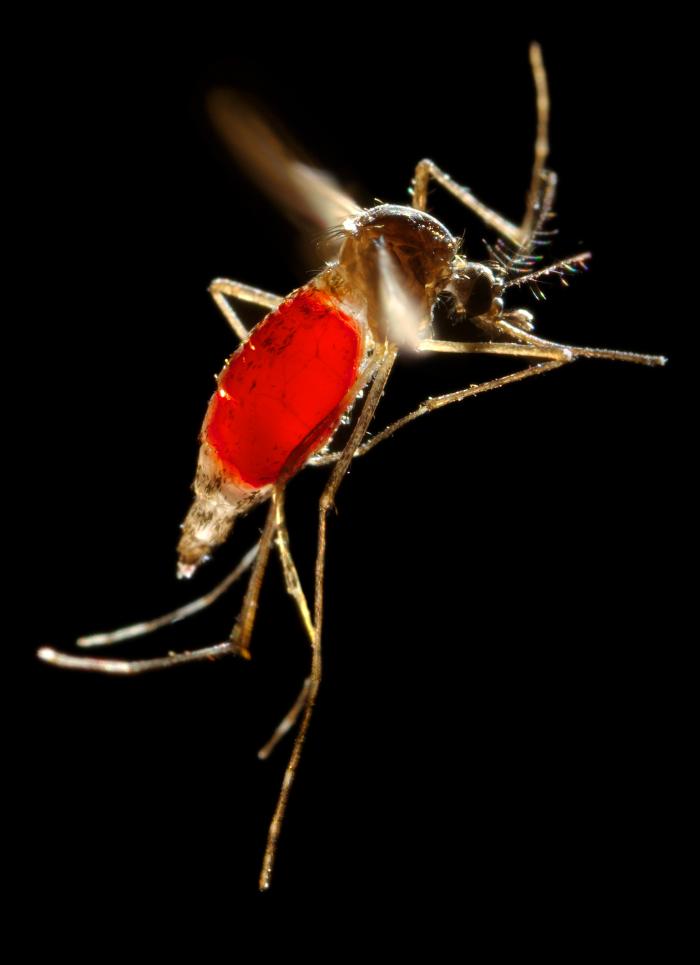Hawaii health officials added nine more autochthonous, or “locally acquired” dengue fever cases to the cumulative tally of the outbreak that began in September. This brings the total cases to 65 on the Big Island as of Tuesday.

A breakdown of the cases show of the confirmed cases, 55 are Hawaii residents and 10 are visitors. 48 cases have been adults; Seventeen have been children. The current 2015 Hawaii Island outbreak involves DENV 1 serotype virus (there are four closely related dengue viruses (DENV 1, DENV 2, DENV 3, and DENV 4)
Health officials are taking the following measures to prevent further spread of dengue to include spraying areas of concern for mosquitoes and educating the public about the elimination of mosquitoes and bite prevention.
Health officials say it is unclear how long the outbreak will last; however, they do say it is unlikely the mosquito borne virus will become endemic in the state.
How does the current outbreak compare to others experienced in Hawaii?
The most recent outbreak of local transmission of dengue fever in Hawaii occurred in 2011 in Oahu where four cases were confirmed. Prior to that, an outbreak of locally acquired dengue was discovered in September 2001 (autochthonous dengue infections had last been definitively reported in Hawaii in 1944).
In that outbreak, 122 laboratory-confirmed cases were identified through 2002 (92 on Maui, 26 on Oahu, and 4 on Kauai). All isolates were typed as dengue virus type 1 (DENV-1).
Like in the current outbreak, the genesis of the 2001 outbreak was believed to have been imported (in that case from French Polynesia).
Dengue fever is a virus that is spread by infected mosquitoes and is not transmitted directly from person to person. Symptoms include severe headaches, rash, and pain in eyes, joints, muscles and bones. If you believe you may be suffering from dengue fever, contact your health care provider and follow their recommendations.
To prevent the potential spread of dengue fever, the State Department of Health recommends residents remove standing water at their homes and businesses, and water catchment systems should be covered to prevent possible breeding opportunities. Avoid mosquito bites by wearing long sleeves and pants outdoors, and use mosquito repellent if going to an area where you are likely to get bitten.
Through mid-October, there has been in excess of 400 dengue fever cases reported in the US, with the bulk of them being classified as “travel-associated”.
Robert Herriman is a microbiologist and the Editor-in-Chief of Outbreak News Today and the Executive Editor of The Global Dispatch
Follow @bactiman63
Related:
- Chikungunya, West Nile virus and mosquito control in the US: A chat with Clarke’s Dr. Rajeev Vaidyanathan
- Syphilis up 15 percent in the US, eight out of 10 male cases are gay men
- Thailand mosquito borne diseases: The first 10 months of 2015


2 thoughts on “Dengue fever: Nine additional cases reported in Hawaii, How does this compare to previous outbreaks?”